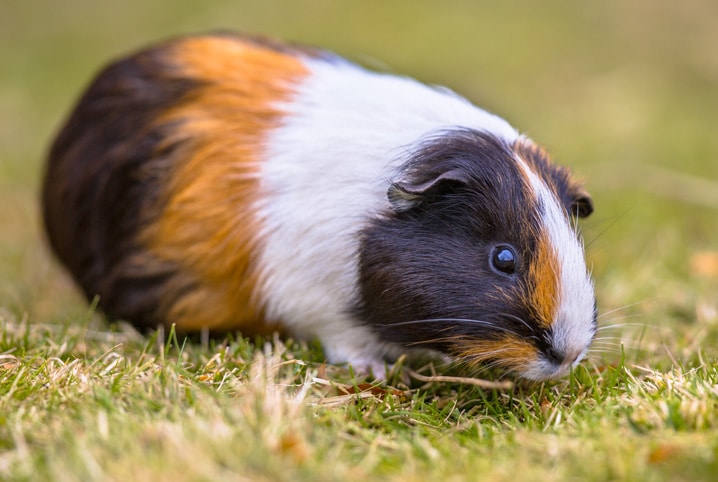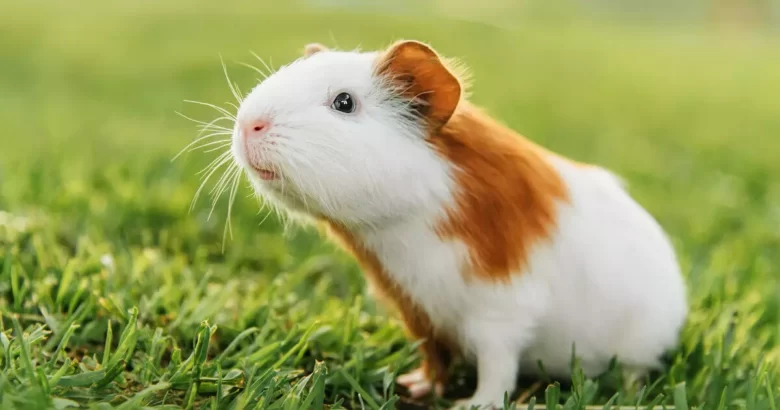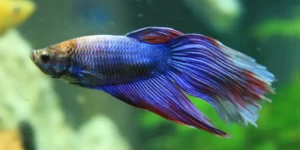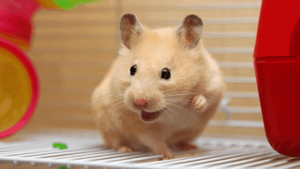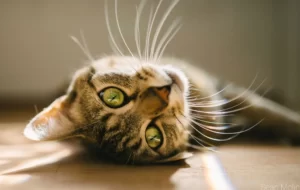Curiosities about Guinea Pigs
Guinea pigs, also known as cavies, are adorable animals that are popular as pets. They have a range of interesting characteristics and curiosities that make them unique. Here are some curiosities about guinea pigs:
- Origin and name: Despite their name, guinea pigs are not originally from Guinea or related to pigs. They are native to South America, particularly the Andean regions. The name “guinea pig” was given to them by European colonizers who mistakenly thought they came from Guinea.
- Sociability: Guinea pigs are extremely social animals and love the company of other guinea pigs. They naturally live in groups in the wild and benefit from positive social interactions. Having at least one companion of the same species is important for the well-being of guinea pigs.
- Varied coat patterns: Guinea pigs have a wide variety of coat colors and patterns. There are guinea pigs with short, long, smooth, curly, and even unique features such as crested (with a crest of hair on the top of their head) and rosetted (forming rosettes around their body) guinea pigs. This diversity makes them visually charming pets.
- Vitamin C sensitivity: Like humans, guinea pigs cannot produce their own vitamin C in their bodies. They rely on an external source of this vitamin to stay healthy. Therefore, it is important to provide a diet rich in vitamin C to prevent nutritional deficiencies and related health problems.
- Lifespan: Guinea pigs have a relatively long lifespan compared to other small rodents. Under proper care and nutrition, they can live for 5 to 8 years, but some guinea pigs have been known to live up to 10 years.
- Distinct personalities: Each guinea pig has its own unique personality. Some may be more shy and reserved, while others are more outgoing and adventurous. It is fascinating to observe the different personalities and behavioral traits that each guinea pig exhibits.
Curiosities about Guinea Pigs:
- Feeding habits: Guinea pigs have an herbivorous diet and require a diet rich in fiber. The foundation of their diet should be high-quality hay, which aids in proper tooth wear and digestive health.
- Exploratory behavior: Guinea pigs are curious animals and love to explore their environment. They enjoy hiding in tunnels, running through mazes, and investigating new objects.
- Hygiene care: Guinea pigs are relatively clean animals but still require regular care. They should not be bathed with water as it can remove the natural oils from their skin and cause skin problems. However, it is important to provide a designated area in their habitat for them to self-clean with sand or use specific small animal wipes.
- Compatibility with children: Guinea pigs are often chosen as pets for families with children. They are generally docile, gentle, and can adapt well to interaction with children when handled with care. However, it is crucial to supervise interactions to ensure both the guinea pigs and children are safe.
- Space requirements: Guinea pigs need adequate space to move around and explore.
- Vocalization and social behavior: Guinea pigs are vocal animals and can make a variety of sounds to communicate. They purr, whistle, squeal, and may even chirp when excited. Additionally, they are social animals and benefit from the company of other guinea pigs.
- Longevity: The average lifespan of guinea pigs ranges from 5 to 8 years, but with proper care, they can live even longer.
Guinea pigs are amazing animals and can bring a lot of joy and companionship to their families. With proper care, a balanced diet, and an enriching environment, you can provide a happy and healthy life for your guinea pig.
Read more about pets.
Read more about guinea pig food.
